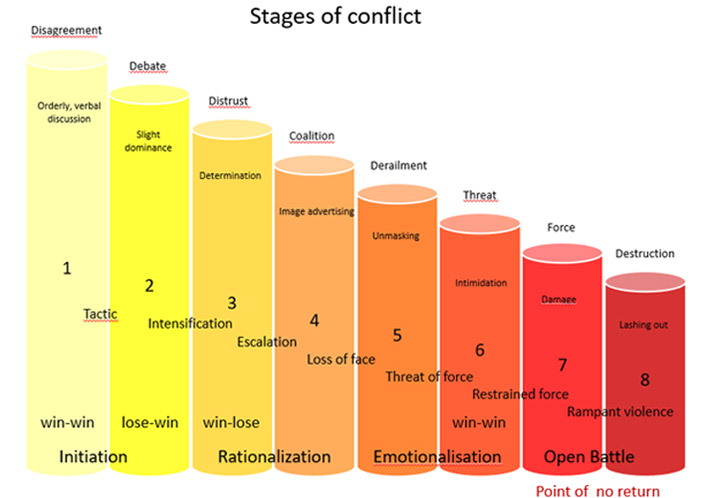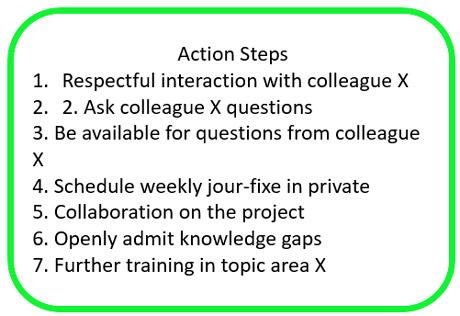systemic coaching combines your personal & professional development
Growth is often paired with the urgent desire for change. To become bigger, to become better, to get to know oneself better, to grow from an experience, to simply be allowed to grow and become your best self .
Does any of this sound familiar to you?
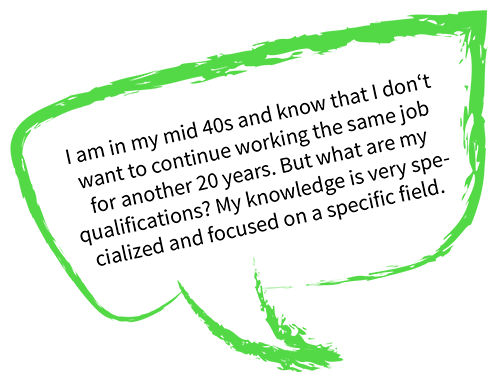
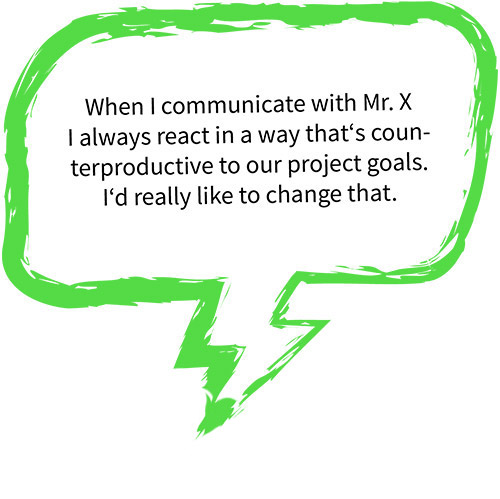
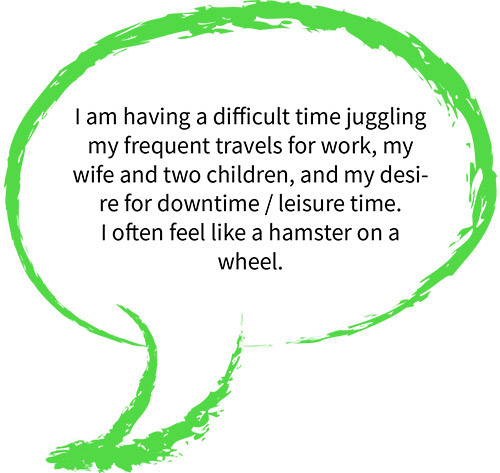
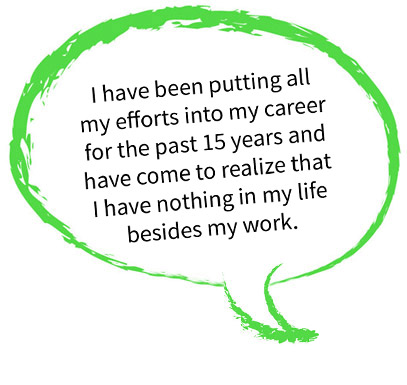
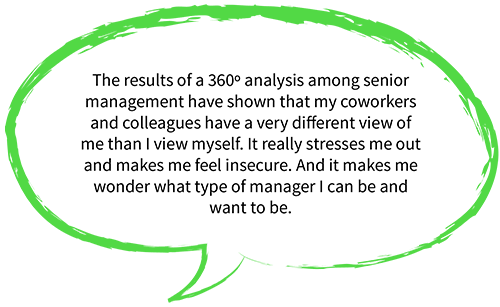
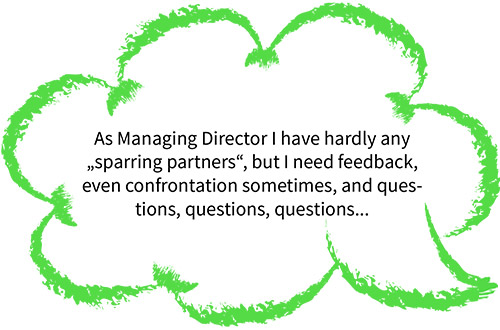
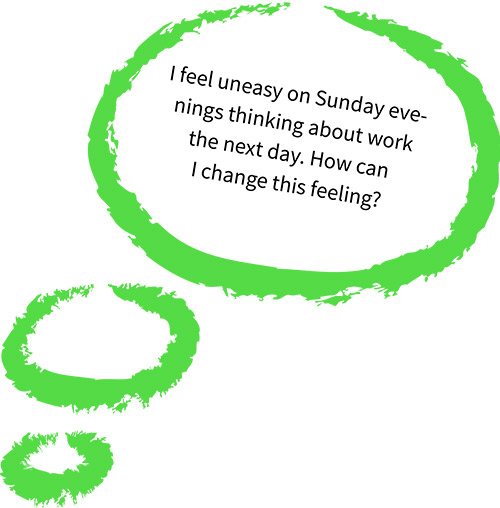
The core of our approach to systemic coaching is to gain clarity and to develop decision-making ability.
Our conviction: Change begins within you.
This is how we work (PDF file of coaching processes)
Meine Mitarbeiter sind unzufrieden mit meiner Führung, wie kann ich mich besser und neu aufstellen als Führungskraft?
Ich bin jetzt Mitte 40 und weiß nicht, ob ich diesen Job machen möchte, bis ich in Rente gehen werde.
Als Geschäftsführer habe ich kaum Sparring-Partner, ich brauche Feedback, manchmal Konfrontation und Fragen, Fragen, Fragen…
Mein Bauch grummelt schon, wenn ich am Sonntag Abend schlafen gehe und an den Montag im Büro denke. Wie kann ich dieses Gefühl in Zukunft ändern?
Ich habe jetzt 15 Jahre im Beruf Vollgas gegeben und stelle gerade fest, dass ich außer meinem Berufsleben nichts habe.
In der Kommunikation mit Herrn X reagiere ich immer auf eine Weise, die völlig kontraproduktiv für unsere Projekt-Ziele sind, das möchte ich ändern!
Es fällt mir schwer, meine vielen beruflichen Reisen, meine Familie mit meinen beiden Kindern und meinen Drang nach Freizeit in Einklang zu bringen. Ich komme mir vor, wie ein Hamster im Rad.
Growth is often paired with the urgent desire for change. To become bigger, to become better, to get to know oneself better, to grow from an experience, to simply be allowed to grow and become your best self ….
Does any of this sound familiar to you?
- I am in my mid 40s and know that I don’t want to continue working the same job for another 20 years. But what are my qualifications? My knowledge is very specialized and focused on a specific field.
- I am having a difficult time juggling my frequent travels for work, my wife and two children, and my desire for downtime / leisure time. I often feel like a hamster on a wheel.
- When I communicate with Mr. X I always react in a way that’s counterproductive to our project goals. I’d really like to change that.
- As Managing Director I have hardly any “sparring partners”, but I need feedback, even confrontation sometimes, and questions, questions, questions…
- I feel uneasy on Sunday evenings thinking about work the next day. How can I change this feeling?
- I have been putting all my efforts into my career for the past 15 years and have come to realize that I have nothing in my life besides my work.
- The results of a 360º analysis among senior management have shown that my coworkers and colleagues have a very different view of me than I view myself. It really stresses me out and makes me feel insecure. And it makes me wonder what type of manager I can be and want to be.The core of our approach to systemic coaching is to gain clarity and to develop decision-making ability.This is how we work. (PDF file of coaching processes) Our conviction: Change begins with you.
Ich bin jetzt Mitte 40 und weiß nicht, ob ich diesen Job machen möchte, bis ich in Rente gehen werde.
Es fällt mir schwer, meine vielen beruflichen Reisen, meine Familie mit meinen beiden Kindern und meinen Drang nach Freizeit in Einklang zu bringen. Ich komme mir vor, wie ein Hamster im Rad.
Als Geschäftsführer habe ich kaum Sparring-Partner, ich brauche Feedback, manchmal Konfrontation und Fragen, Fragen, Fragen…
Mein Bauch grummelt schon, wenn ich am Sonntag Abend schlafen gehe und an den Montag im Büro denke. Wie kann ich dieses Gefühl in Zukunft ändern?
Ich habe jetzt 15 Jahre im Beruf Vollgas gegeben und stelle gerade fest, dass ich außer meinem Berufsleben nichts habe.
In der Kommunikation mit Herrn X reagiere ich immer auf eine Weise, die völlig kontraproduktiv für unsere Projekt-Ziele sind, das möchte ich ändern!









